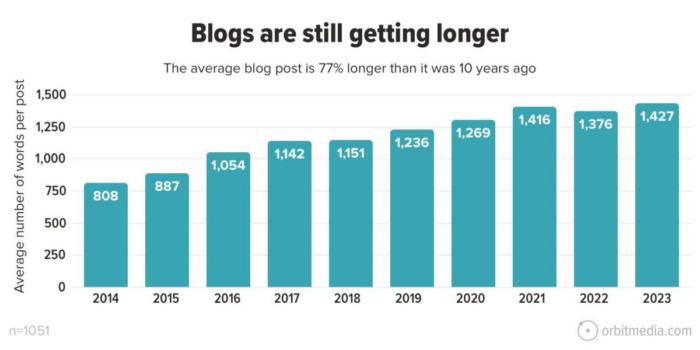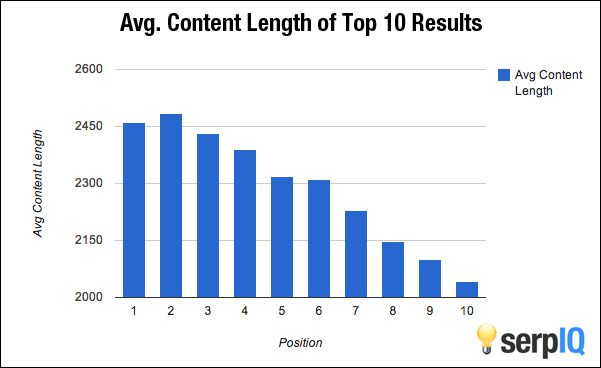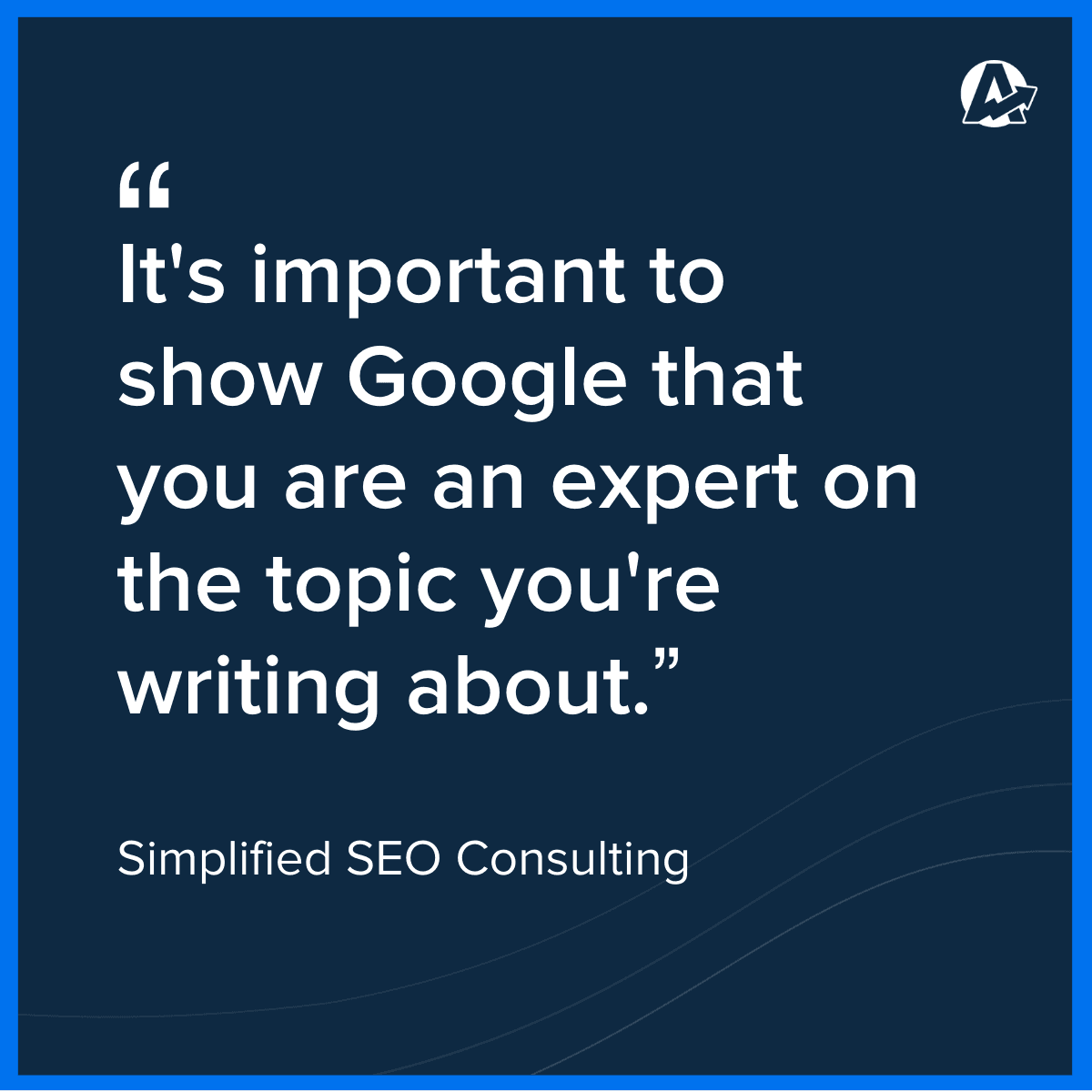In the ever-evolving world of digital marketing, the debate over optimal blog length remains a hot topic. Many SEO experts argue that posts should exceed 1000 words to rank higher on search engines, but is this a hard-and-fast rule? While longer content often provides more depth and value, it’s essential to consider factors like audience intent, readability, and topic relevance. This article explores whether the 1000+ word benchmark is a necessity for SEO success or if shorter, more concise posts can still thrive in today’s competitive online landscape. Let’s dive into the data and uncover the truth behind this widely discussed guideline.
According to SEO, the Length of a Blog Should Be at Least 1000+ Words. Is That True?
The idea that a blog post should be at least 1000+ words for optimal SEO performance is a common belief in the digital marketing world. However, the truth is more nuanced. While longer content can provide more value and rank better for competitive keywords, it’s not a strict rule. The quality, relevance, and user intent behind the content are equally, if not more, important. Let’s explore this topic in detail.
See Also Need Some Ideas for My Marketing Project
Need Some Ideas for My Marketing ProjectWhy Do Some Experts Recommend 1000+ Words for SEO?
Many SEO experts recommend 1000+ words because longer content tends to cover topics more comprehensively. Search engines like Google prioritize content that provides value to users, and longer posts often include more detailed information, which can improve rankings. Additionally, longer content has more opportunities to include keywords, internal links, and backlinks, all of which contribute to better SEO performance.
Does Word Count Directly Impact Search Engine Rankings?
While word count is a factor, it’s not the sole determinant of search engine rankings. Google’s algorithms focus on content quality, user experience, and relevance. A well-written 500-word article that directly answers a user’s query can outperform a 2000-word article that is poorly structured or irrelevant. The key is to balance length with quality and user intent.
See Also What Are Your Favorite Marketing Prompts for ChatGPT?
What Are Your Favorite Marketing Prompts for ChatGPT?What Are the Benefits of Longer Blog Posts?
Longer blog posts (1000+ words) offer several benefits:
- Comprehensive Coverage: They allow for in-depth exploration of a topic.
- Higher Engagement: Longer content can keep readers on the page longer, reducing bounce rates.
- SEO Opportunities: More words mean more chances to include keywords, headings, and structured data.
- Authority Building: Detailed content establishes your site as an authority in your niche.
Are There Any Downsides to Writing Long Blog Posts?
Yes, there are potential downsides:
- Time-Consuming: Longer posts require more research and writing time.
- Reader Fatigue: If the content is not engaging, readers may lose interest.
- Over-Optimization Risk: Adding unnecessary words just to meet a word count can harm SEO.
- Mobile Users: Long posts may not perform well on mobile devices if not optimized properly.
 What's Your Salary as a Marketing Manager/Senior Marketing Manager?
What's Your Salary as a Marketing Manager/Senior Marketing Manager?How to Determine the Ideal Length for Your Blog Post?
The ideal length depends on the topic, audience, and purpose of the content. Here’s a quick guide:
| Content Type | Recommended Word Count |
|---|---|
| Short News Updates | 300-500 words |
| How-To Guides | 1000-1500 words |
| In-Depth Articles | 2000+ words |
| Product Reviews | 800-1200 words |
Always prioritize user intent and content quality over arbitrary word counts. Use tools like Google Analytics and Search Console to analyze how your content performs and adjust your strategy accordingly.
See Also Examples of Excellent Marketing Strategies?
Examples of Excellent Marketing Strategies?How long should a blog be for SEO?

The ideal length of a blog for SEO depends on the topic, audience, and purpose. Generally, longer content tends to perform better in search engine rankings because it provides more value and covers topics in depth. However, the length should always align with the user's intent and the quality of the content. Here are some guidelines:
- Short blogs (300-500 words): Suitable for simple topics or news updates.
- Medium-length blogs (700-1,000 words): Ideal for most general topics and beginner-friendly content.
- Long-form blogs (1,500+ words): Best for in-depth guides, comprehensive tutorials, or competitive topics.
Why Does Blog Length Matter for SEO?
Blog length matters for SEO because search engines prioritize content that provides comprehensive answers to user queries. Longer blogs often:
- Include more keywords and semantic variations, improving relevance.
- Encourage higher engagement through detailed information.
- Increase the chances of earning backlinks from other websites.
How to Determine the Right Blog Length for Your Niche
To determine the right blog length for your niche:
- Analyze top-performing articles in your industry using tools like Ahrefs or SEMrush.
- Consider the search intent behind your target keywords (informational, navigational, or transactional).
- Experiment with different lengths and monitor traffic and engagement metrics.
What Are the Benefits of Long-Form Content for SEO?
Long-form content offers several SEO benefits:
- It allows for deeper topic coverage, which satisfies user intent.
- It increases dwell time, signaling to search engines that the content is valuable.
- It provides more opportunities to include internal and external links.
Can Short Blogs Still Rank Well in Search Engines?
Yes, short blogs can still rank well if they:
- Directly address specific user queries with concise answers.
- Are optimized with targeted keywords and meta tags.
- Provide high-quality, actionable information without unnecessary fluff.
How to Balance Blog Length and Quality for SEO
Balancing blog length and quality is crucial for SEO success. To achieve this:
- Focus on user intent rather than just word count.
- Use subheadings, bullet points, and visuals to improve readability.
- Ensure every section adds value and supports the main topic.
Is 1000 words enough for a blog post?

Is 1000 Words Enough for a Blog Post?
Yes, 1000 words can be sufficient for a blog post, depending on the topic and purpose. For many types of content, such as informative articles, how-to guides, or opinion pieces, 1000 words provide enough space to cover the subject in detail without overwhelming the reader. However, for more complex topics or in-depth analyses, longer posts may be necessary.
- Engagement: A 1000-word post is long enough to keep readers engaged without losing their interest.
- SEO Benefits: Search engines often favor content that is comprehensive, and 1000 words can strike a good balance between depth and readability.
- Time Investment: It takes less time to write and edit a 1000-word post compared to longer articles, making it a practical choice for consistent content creation.
When Is 1000 Words Not Enough for a Blog Post?
There are scenarios where 1000 words may fall short. For example, if the topic requires extensive research, data analysis, or multiple examples, a longer post might be necessary. Similarly, evergreen content or pillar articles often require more words to provide comprehensive value.
- Complex Topics: Technical or highly specialized subjects may need more than 1000 words to explain thoroughly.
- Competitive Niches: In highly competitive industries, longer posts may be required to outrank competitors.
- Audience Expectations: If your audience expects in-depth content, 1000 words might not meet their needs.
How to Structure a 1000-Word Blog Post Effectively
To make the most of a 1000-word blog post, proper structure is key. Break the content into clear sections with headings, subheadings, and bullet points to improve readability and flow.
- Start with a compelling hook and briefly outline what the post will cover.
- Main Body: Divide the content into 3-4 sections, each focusing on a specific point or subtopic.
- Conclusion: Summarize the key takeaways and include a call-to-action if applicable.
SEO Considerations for a 1000-Word Blog Post
From an SEO perspective, a 1000-word blog post can perform well if optimized correctly. Focus on keyword placement, internal linking, and providing value to the reader.
- Keyword Density: Use primary and secondary keywords naturally throughout the post.
- Internal Links: Link to other relevant posts on your site to improve navigation and SEO.
- Meta Descriptions: Write a concise and engaging meta description to improve click-through rates.
Examples of Successful 1000-Word Blog Posts
Many successful blog posts are around 1000 words. These include listicles, tutorials, and beginner guides, which are popular formats for this length.
- Listicles: 10 Tips for Improving Productivity is a common example that works well at 1000 words.
- Tutorials: Step-by-step guides, such as How to Start a Blog in 2024, are effective at this length.
- Beginner Guides: Introductory posts, like A Beginner's Guide to Investing, can provide value without being overly lengthy.
What is the length of a good SEO article?

The length of a good SEO article depends on the topic, audience, and purpose. Generally, longer articles (1,500–2,500 words) tend to perform better in search engine rankings because they provide comprehensive information and cover related subtopics. However, shorter articles (500–1,000 words) can also be effective if they directly address the user's query and are well-optimized. The key is to prioritize quality and relevance over word count.
Why Does Article Length Matter for SEO?
Article length matters for SEO because search engines like Google prioritize content that provides value and depth. Longer articles often rank higher because:
- They cover more keywords and related terms, improving relevance.
- They encourage longer dwell times, signaling to search engines that the content is engaging.
- They are more likely to earn backlinks and social shares, boosting authority.
How to Determine the Ideal Length for Your SEO Article
To determine the ideal length for your SEO article, consider the following factors:
- Analyze competitor articles to see what ranks well for your target keywords.
- Use tools like Google Search Console or Ahrefs to identify content gaps and opportunities.
- Focus on user intent—some queries require short, concise answers, while others need in-depth explanations.
Benefits of Long-Form Content for SEO
Long-form content (1,500+ words) offers several benefits for SEO:
- It allows you to target multiple keywords and semantic variations within a single article.
- It increases the chances of featured snippets and rich results in search engines.
- It establishes your site as an authoritative source, improving trust and credibility.
When to Use Shorter Articles for SEO
Shorter articles (500–1,000 words) can be effective in certain scenarios:
- When addressing simple queries that don’t require extensive explanations.
- For news updates or time-sensitive content where brevity is key.
- When targeting mobile users who prefer quick, digestible information.
Balancing Length and Quality in SEO Articles
Balancing length and quality is crucial for SEO success. Here’s how to achieve it:
- Focus on user experience—ensure the content is easy to read and well-structured.
- Avoid keyword stuffing or adding unnecessary fluff to meet a word count.
- Use headings, bullet points, and images to break up text and improve readability.
Is 500 words enough for SEO?

Is 500 Words Enough for Basic SEO Optimization?
While 500 words can be sufficient for basic SEO optimization, it often depends on the topic and competition. For simpler topics or niche subjects, 500 words may provide enough content to rank well. However, for more competitive keywords, longer content is usually required. Here are some key points to consider:
- Keyword density: Ensure your primary keyword is used naturally throughout the text.
- User intent: Address the user's query comprehensively within the word limit.
- Content quality: Focus on providing value rather than just meeting the word count.
How Does 500 Words Compare to Longer Content for SEO?
Longer content often performs better in SEO rankings because it allows for more in-depth coverage of a topic. However, 500 words can still be effective if the content is well-structured and optimized. Consider the following:
- Depth of information: Longer articles can cover subtopics and related keywords more thoroughly.
- Engagement metrics: Longer content may keep users on the page longer, improving dwell time.
- Backlink potential: Comprehensive articles are more likely to attract backlinks.
Can 500 Words Rank for Competitive Keywords?
Ranking for competitive keywords with only 500 words is challenging. High-competition keywords typically require more detailed and authoritative content. Here’s why:
- Search engine algorithms: They favor in-depth content that answers multiple aspects of a query.
- Competitor analysis: Top-ranking pages often exceed 1,000 words.
- Content gaps: Longer content can address more user questions and improve E-A-T (Expertise, Authority, Trustworthiness).
What Are the Benefits of Using 500 Words for SEO?
Using 500 words for SEO has its advantages, especially for specific scenarios. Here are some benefits:
- Faster content creation: Shorter articles take less time to write and publish.
- Improved readability: Concise content is easier for users to consume quickly.
- Targeted keywords: Ideal for long-tail keywords or less competitive niches.
When Should You Avoid Using Only 500 Words for SEO?
There are situations where 500 words may not be sufficient for SEO success. Avoid using only 500 words in the following cases:
- Complex topics: Topics requiring detailed explanations need more content.
- High competition: Competing with top-ranking pages often requires longer, more comprehensive content.
- User expectations: If users expect in-depth information, shorter content may lead to higher bounce rates.
Frequently Asked Questions from Our Community
Is it true that a blog should have at least 1000+ words for SEO purposes?
Yes, it is generally recommended that a blog post should have at least 1000+ words to perform well in search engine rankings. This is because longer content tends to provide more comprehensive information, which search engines like Google value. Additionally, longer articles are more likely to include a variety of keywords and semantic phrases, which can improve the chances of ranking for multiple search queries.
Why does Google prefer longer blog posts?
Google prefers longer blog posts because they often offer more in-depth content that can better satisfy user intent. Longer articles are more likely to cover a topic thoroughly, providing readers with valuable insights and answers to their questions. This leads to higher user engagement, lower bounce rates, and longer dwell times, all of which are positive signals to search engines. Moreover, longer posts can naturally incorporate more internal and external links, which further enhance their SEO value.
Can shorter blog posts still rank well in search engines?
While shorter blog posts can still rank well, they often face more challenges in competing with longer, more comprehensive content. Shorter posts may not provide enough depth or detail to fully address a topic, which can result in lower user engagement. However, if a shorter post is highly relevant, well-optimized, and provides unique value, it can still perform well in search rankings. The key is to focus on quality over quantity, ensuring that the content meets the needs of the audience.
What are the benefits of writing longer blog posts for SEO?
Writing longer blog posts offers several benefits for SEO. Firstly, longer content allows for the inclusion of more keywords and related terms, which can help the post rank for a wider range of search queries. Secondly, longer posts are more likely to be shared and linked to by other websites, increasing their backlink profile and authority. Additionally, longer content can improve user engagement metrics, such as time on page and bounce rate, which are important ranking factors. Finally, comprehensive articles are more likely to be seen as authoritative and trustworthy, further boosting their SEO potential.
Leave a Reply


Articles of interest